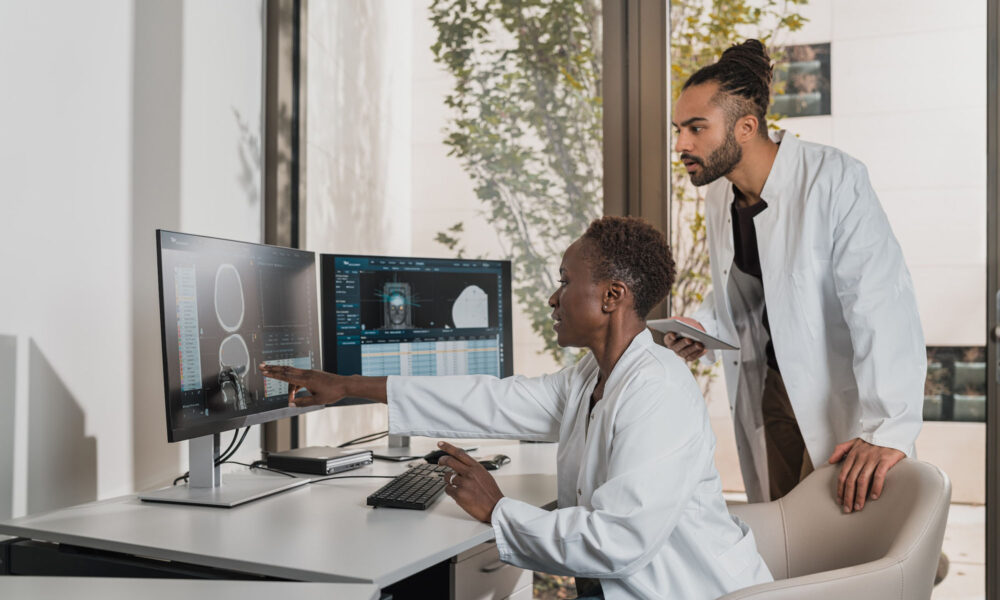News
New Tech Allows Faster Breast Cancer Detection In Middle East
Breast cancer is the most common form of the disease for women in the Arab world. But now, AI screening solutions, precision medicine and molecular imaging are fighting back.

An estimated 2.26 million women worldwide are diagnosed with breast cancer each year. In the Arab world, nearly 20% of all new cases turn out to be breast cancer, making this form of the disease the most common for women in the region.
To tackle this problem, several medical tech companies have developed screening tests to avoid misdiagnosis and late diagnosis. From AI to 3D imaging, each solution strives to improve the screening process, making it more accessible and affordable to Middle Eastern patients.
Early Detection Improvements
Mammogram diagnostics have evolved dramatically over the years. 3D scanning allows oncologists to detect small masses in dense breast tissue much earlier than traditional imaging tools allow.
“Using 3D mammograms, we can see lumps hidden within breasts accurately. By limiting the effect of covering the breast tissue, 3D mammography can make tumor detection easier. Looking into various pictures has helped specialists discover a larger number of cancer growths which was not possible with 2D scans,” says Dr. Timor Al-Shee, Surgical Consultant of Breast Oncology, King Faisal Specialist Hospital and Research Center, Saudi Arabia.
Despite their advancements, 3D mammograms are costly and still risk the possibility of false-positive results. To minimize unnecessary biopsies and increase the accuracy of decisions, researchers from New York University and NYU Abu Dhabi have devised a method to identify cancers using AI.
Devised by a team led by Farah Shamout, Yiqiu Shen and Jamie Oliver, the AI tool offers “radiologist-level accuracy” and promises to improve the consistency and efficiency of ultrasound diagnosis.
So far, the findings have been promising, with AI able to play a complementary role as a decision-making tool during the early stages of screening, aiding clinicians when forming a diagnosis.
Genetic Testing And Molecular Imaging
As well as 3D imaging and AI, genetic testing can also achieve reliable and accurate results. Although most breast cancers are not thought to be caused by inherited mutations, the tests can be helpful for women with a family history of breast cancer.
“The UAE uses the latest technologies to drive innovation in healthcare. We are part of the DoH-led Personalized Precision Medicine Programme for oncology in the region that specifically targets breast cancer. The treatment is based on a patient’s genetic makeup and genetic changes in cancer cells,” says Dr. Fahed Al Marzooqi, COO of G42 Healthcare.
Molecular breast imaging, on the other hand, can be used alongside a mammogram and involves a radioactive tracer with a nuclear medicine scanner. The tracer is injected into a vein, and if cancer cells are detected, the tracer will light up.
As well as helping to diagnose cancers earlier, these new technologies could also be used to tailor precision medicines for treatment. Scientists already know that breast cancer is treatable if spotted early, so it seems that the future of cancer medicines is all about evaluation — from genes and environment to lifestyle factors. Meanwhile, technological advances are beginning to allow oncologists to tailor highly individual treatment plans for patients.